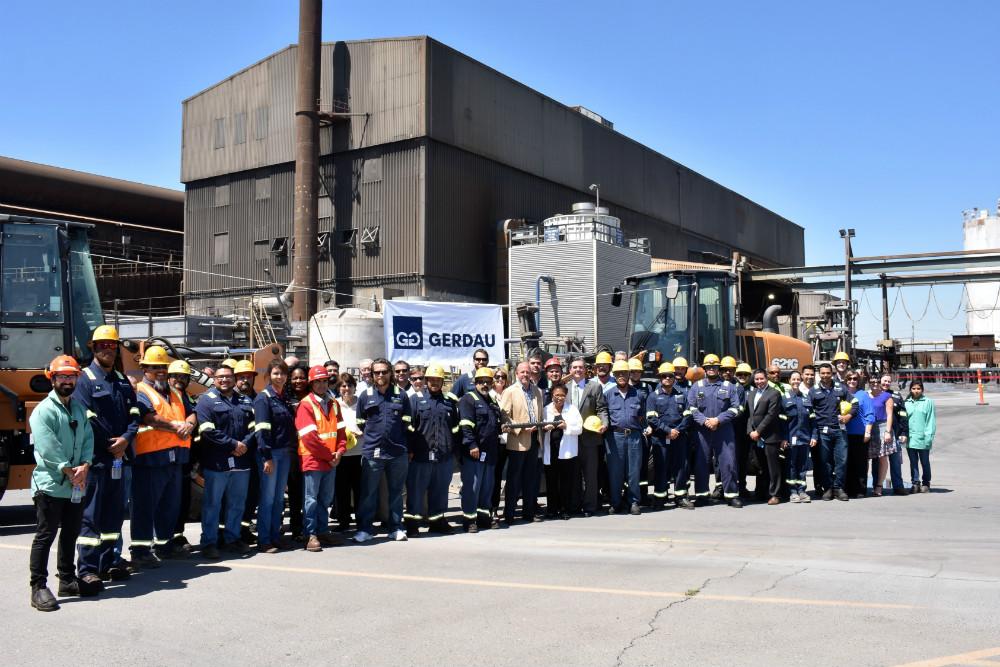Crowdsourcing platforms help organizations discover new solutions by engaging talented freelancers.
Organizations often become acutely aware of their limitations when they are faced with a new kind of project or problem. Without the systems and processes to approach it, they will find their human resources, available talent, and expertise stretched to their limits.
While such projects present opportunities for growth, they also present operational and organizational challenges that can be overwhelming. For organizations in such situations, the Challenge Model offers a chance to leverage the collective intelligence and creativity of the crowd.
What is the Challenge Model
In a typical freelance relationship, a business has a task that needs to be accomplished, but lacks the in-house talent or bandwidth to complete it successfully. In these cases, freelancers are hired and paid for their time.
Contrast that to the Challenge Model, more commonly referred to as crowdsourcing, in which freelancers are paid to produce an outcome, rather than for their time. Often the Challenge Model is used when an organization has a goal or problem to solve, but lacks an appropriate plan for achieving it.
When you leverage this model, much of the work is done via crowdsourcing challenges, which are essentially small competitions. Your organization benefits from having multiple people sharing their talents in a competition to deliver the best solution to your problem.
Crowdsourcing provides a diversity of approaches

An organization’s in-house talent is typically focused on its internal operations. That’s great for speed and efficiency, but it can lead to uniformity in thinking. Doing things “the way we’ve always done them” can prevent you from exploring other approaches that might be better for your business.
When an organization seeks a solution through crowdsourcing, it reaches beyond its in-house resources to tap a virtually unlimited freelance talent pool that can help to provide “out of the box” thinking. Because these freelancers typically contribute to a variety of projects, in a variety of industries, they bring a novel perspective that is valuable.
Crowdsourcing allows for faster problem solving

For most organizations, addressing a new project or challenge means waiting for resources that are committed to other projects to become available. Even when organizations decide to add new employees to accommodate the demands created by a new project, there are still delays caused by the routine of recruiting, onboarding, and training. Either way, the result can be a project that sits at the starting line until all momentum and excitement is lost.
Crowdsourcing allows organizations to connect with talent that is immediately available and qualified to address whatever needs to be accomplished. The various platforms that manage crowdsourcing challenges assist organizations in connecting with vetted freelancers who bring varied expertise. Furthermore, these platforms typically assist with running the competitions, meaning organizations do not need to manage the process themselves. This can entail breaking the project down into subtasks that are worked on concurrently, thus reducing the amount of time needed to complete the project.
Overall, the best available talent is put to work when the organization needs it. The development process is optimized, and — because participants are paid for the outcomes they produce, rather than the time they spend — the highest cost efficiency is achieved.
The Challenge Model can result in unexpected solutions
By breaking down large projects into smaller tasks, crowdsourcing essentially deconstructs the problem and enables faster problem solving. It brings in unfiltered perspectives that are not necessarily influenced by (or even familiar with) “the standard approach.” As a result, this model frequently produces superior, more innovative solutions. Crowdsourcing’s ability to deliver results that are as effective as they are creative is one of its greatest benefits.
As a whole, crowdsourcing attracts skilled professionals who thrive on exploring new methods, discovering new solutions, and pushing their limits. Organizations that look to crowdsourcing not only expand the talent they have available, but also increase their ability to provide innovative solutions.




